I Dropped My Phone And Only Used My Smartwatch For A Week… It Was Mostly Liberating.
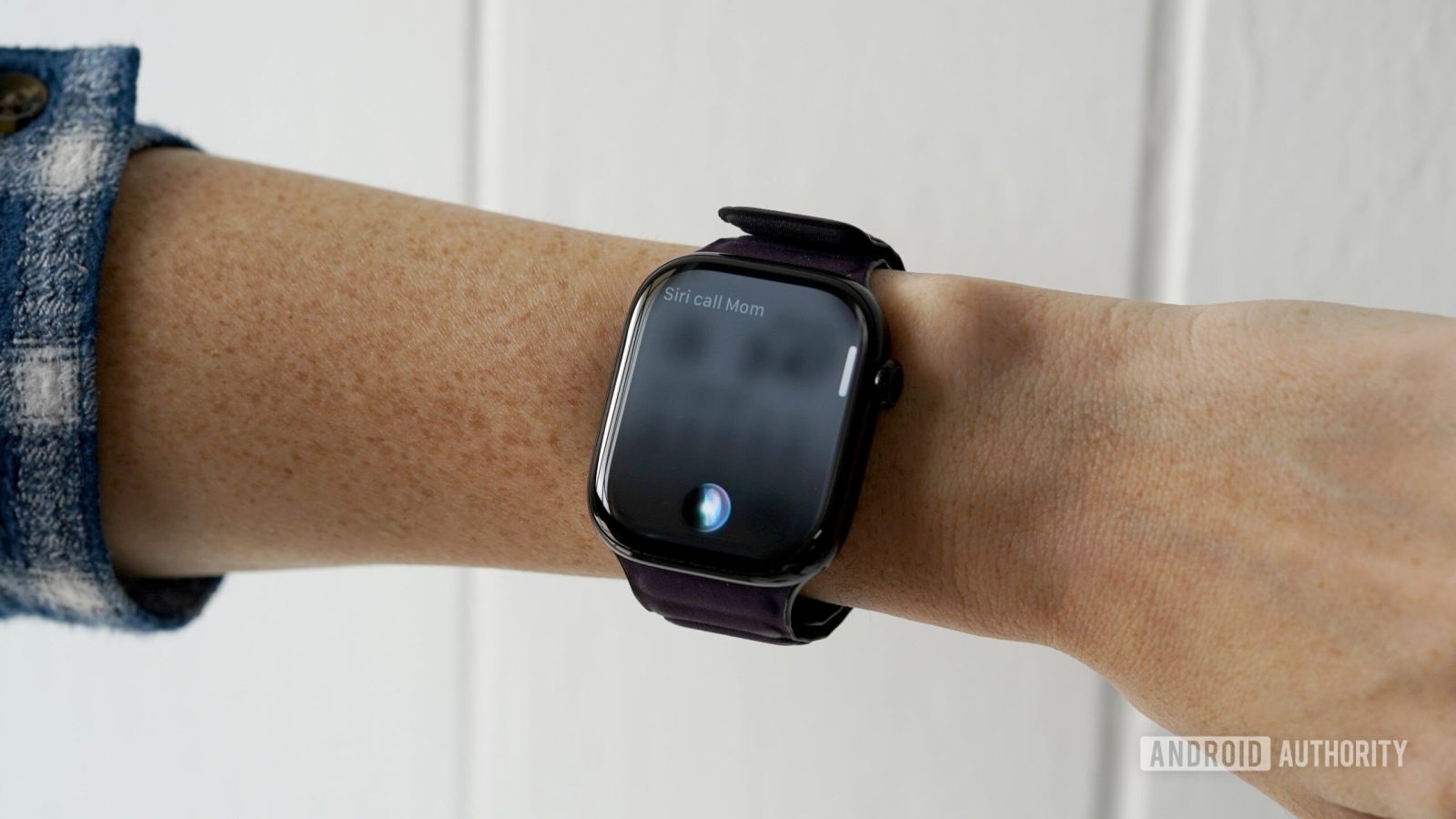
Contents
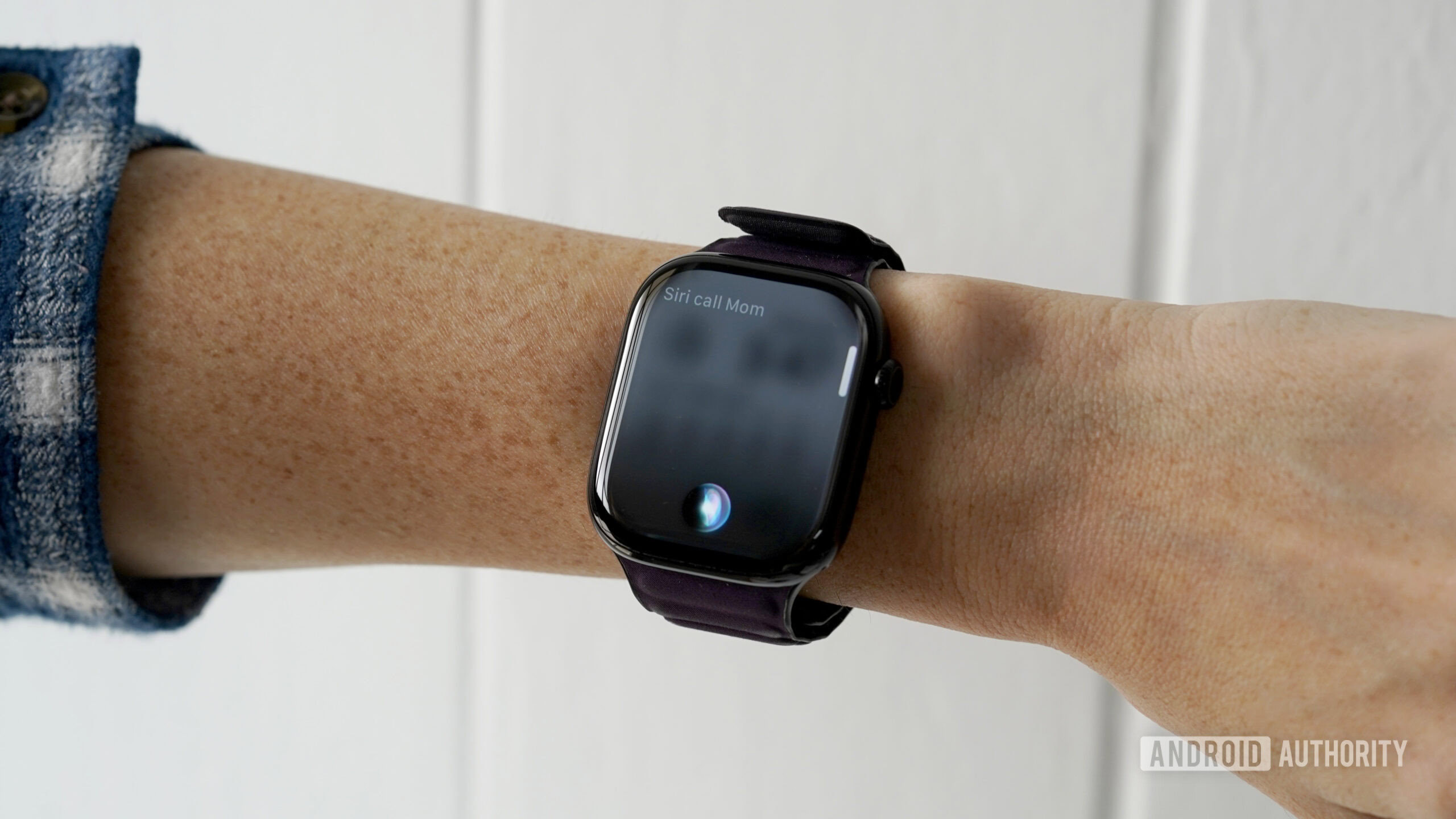
Kaitlyn Cimino / Android Authority
Shortly after moving into my first apartment, I received a package from home. Unfurling the brown paper within, I uncovered a simple, cream-colored coffee mug with the words “Call your mother.” My aversion to chatting had been noted and was unacceptable to the woman who gave me life.
More than a decade later, I still prefer not to spend hours on the line, but now my phone-turned-pocket-size-computer is an even more imposing drain on my time/attention than ever. Alarmed by my screen time stats, I decided to give up my smartphone for one week to see if just a smartwatch could suffice on its own. The results were largely as expected, with a few exceptions.
Do you ever replace your smartphone with a smartwatch?
11 votes
Setting the test’s parameters
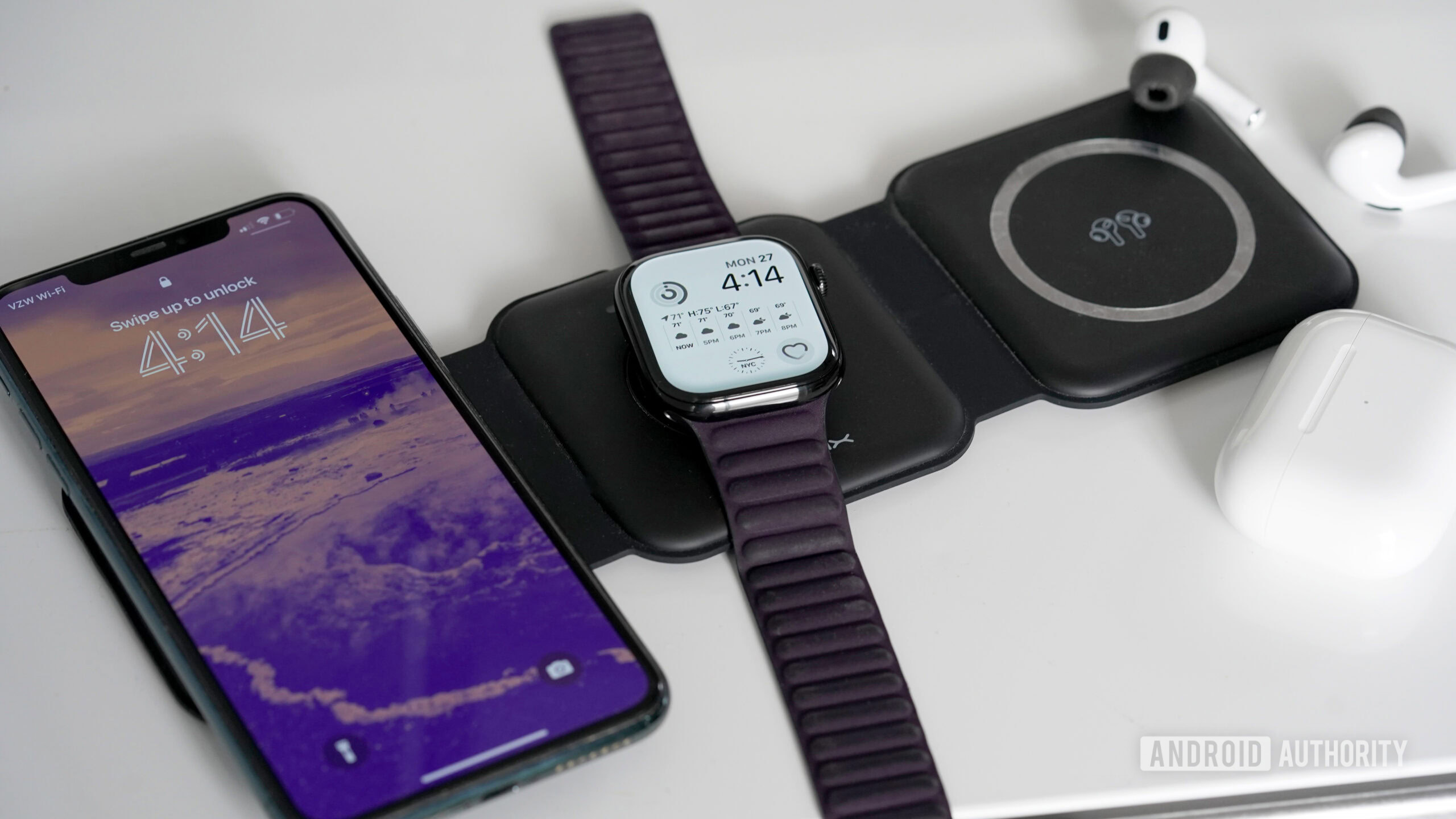
Kaitlyn Cimino / Android Authority
At the extreme, a person could purchase a smartwatch with LTE compatibility and forego their phone altogether. Reliant on a Bluetooth connection with my iPhone, I simply established the rule that I would not physically pull my phone out unless absolutely necessary. At home, this meant leaving my phone on its charging dock or on a far-away table. On the go, this meant wearing an attractive fanny pack to carry my phone (and also my snacks).
For one week, I established the rule that I would not pull my phone out unless absolutely necessary.
I also combed through my Apple Watch notification settings and disabled unwanted interruptions. (Sorry, ESPN, I actually do not give a shit who won the NFC.) I also noted the most used apps on my iPhone and made sure necessary counterparts were installed and active as needed. Then I gave my iPhone a little reassuring pat and put it down to rest on the counter. Less than five minutes later I picked my phone back up to Google “How to turn Siri back on Apple Watch.”
One smartphone-free week later…
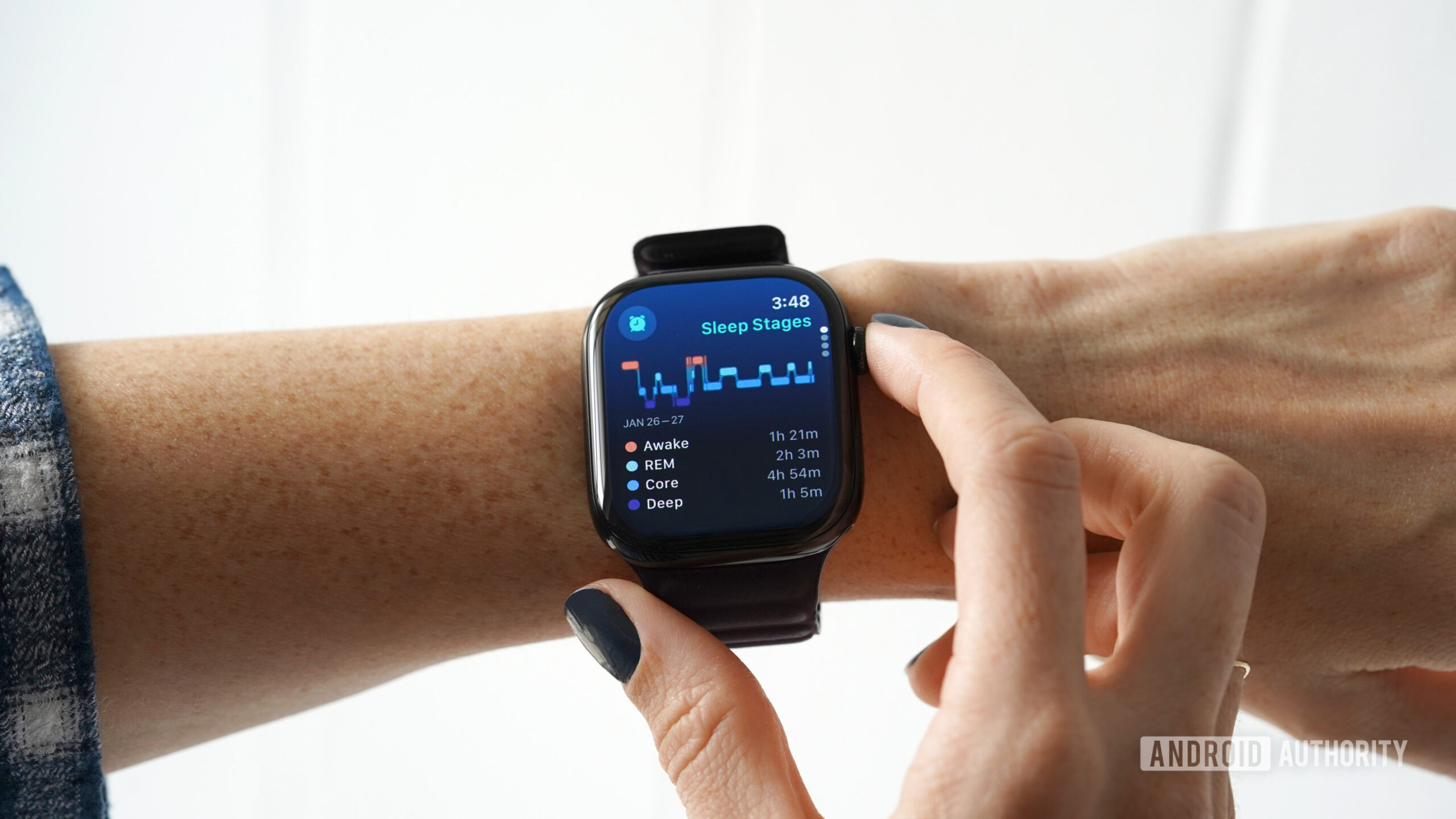
Kaitlyn Cimino / Android Authority
The TLDR is that dropping my smartphone for a week was as refreshing as I thought it might be. My screen time diminished, my book consumption rocketed, and I talked to Siri A LOT. I leaned into my introversion (possibly too far) by only answering phone calls I had to and learned to stop feeling guilty for not responding immediately to group texts. I also just physically had my phone in my hands less, an image I am trying to avoid burning into my child’s retina.
In other words, dropping my phone helped me prioritize my personal time. Missed calls accumulated, but only because I saw the notification and knew the caller could wait. Instead of mindless scrolling, I spent more time on other hobbies (even attempting to learn embroidering). I realized I didn’t miss some of my most regularly used apps. Sure, I repeatedly found myself checking the weather just for something to scroll, but hey, muscle memory takes time to overwrite. I also used my AirPods significantly more than ever before, pivoting from my phone’s Kindle app to downloaded audiobooks. Ironically, dropping my “small screen” even helped me make the most of “big screen” time. When I settled down on the couch to watch a show or movie, I actually paid attention.
Dropping my smartphone helped me prioritize my personal time. Who knew?
Meanwhile, on the fitness tracking front, all my health and wellness stats were still tracked flawlessly, and I was more inclined to check in on them with little else to look at (see above about muscle memory/screen addiction). According to Apple’s sleep tracking, I even averaged around an hour more of sleep each night, likely because I didn’t have a phone’s blue light tempting me in bed. It turns out boredom is a very effective sleeping pill.
What I gained:
- A working relationship with Siri
- The fortitude to delete time-sucking nonsense apps (RIP Instagram)
- Disconnection/space from constant communication
- An obsession with the weather
- A healthier bedtime routine
- Mental wellbeing (only kind of kidding)
What I missed:
- Maps, Maps, and then Maps again
- Quick access to the internet
- Kindle on-the-go
- Privacy sans headphones
- Constant access to a camera
- NYT Games app
On the flip side, I missed my phone for hard-hitting tools built for a bigger display. I am actually embarrassed to realize how much I don’t know how to get places without docking my iPhone to the dashboard and initiating directions. Yes, the Apple Watch supports Maps as well, but I personally prefer visual guidance. There were also times I yearned for the convenience of web browsing on my phone or asking ChatGPT for information. Posing Siri queries isn’t just limited; the audible act itself grates against my quiet nature. I had to watch an entire movie without looking up the cast. Full disclosure: I broke halfway and got my medium screen (laptop).
I missed my iPhone for hard-hitting tools built for a bigger display.
Likewise, I absolutely loathed having to answer phone calls on my watch when, God forbid, my headphones weren’t close at hand. This happened once in public and will never happen again. No one looks cool talking to a watch — except maybe Daniel Craig — and the entire Target checkout didn’t need to hear me telling my partner I was almost done and that I did, in fact, remember purified water as well as cookie dough.
Finally, it’s safe to say that most smartphone users value the device’s camera as much as its data and Wi-Fi connectivity. I absolutely missed having a convenient way to snap pictures throughout the week, especially since I had visitors in town. Even if a smartwatch were to equip a camera, it’s highly unlikely to offer close to the same quality photography we all carry in our pockets these days.
The logistical hurdles to using a smartwatch fulltime
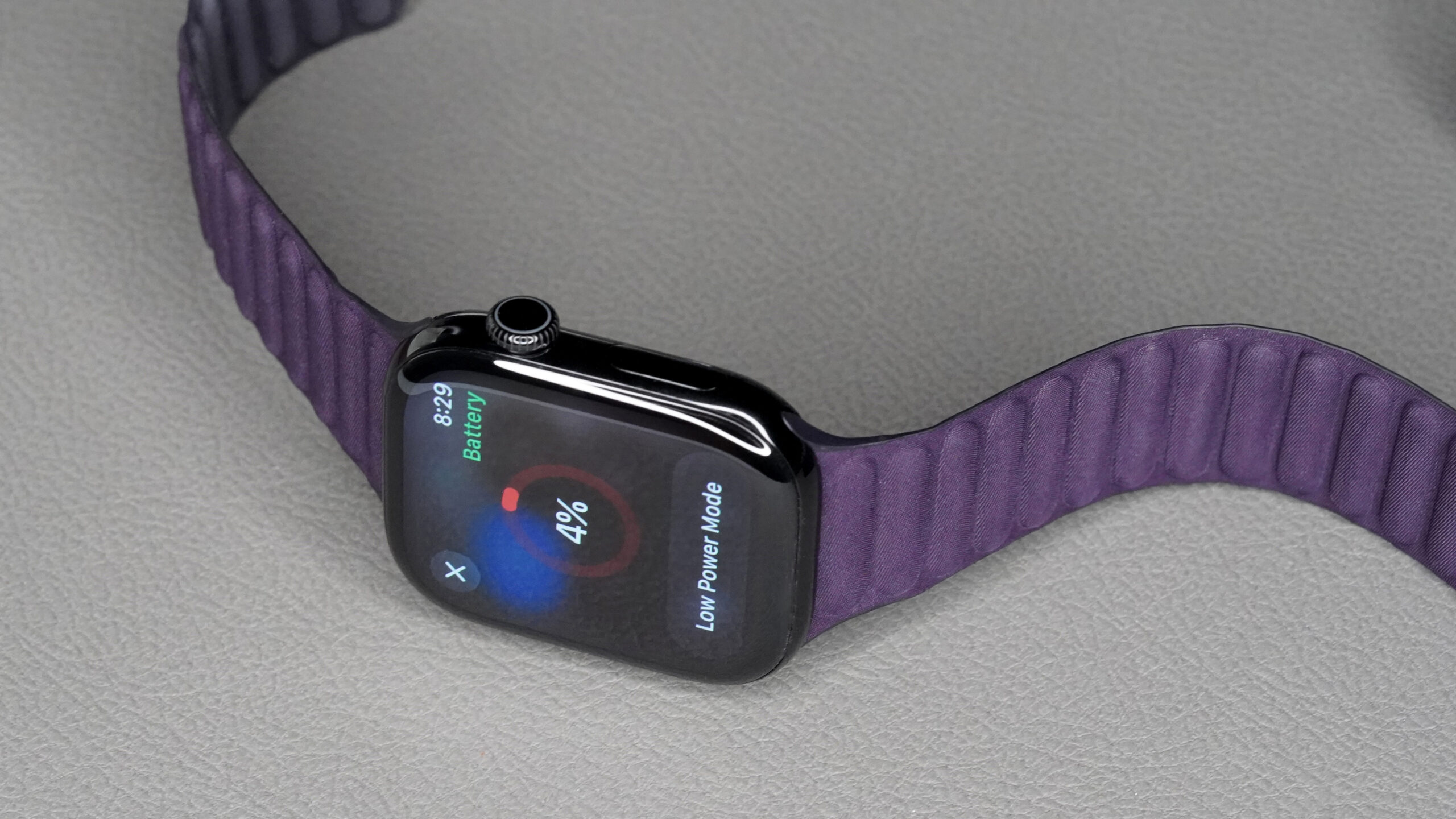
Kaitlyn Cimino / Android Authority
Aside from personal preference, there are still some hurdles remaining that, in my opinion, limit the usefulness of smartwatches. For Apple in particular, the biggest shortcoming is battery life. Under a week’s heavy usage, my watch needed charging much more often than usual and died inconveniently on two occasions. Some wrist-based wearables offer better power stats but typically do so by sacrificing apps, features, or display specs.
Smartwatches don’t have the battery life or screen space needed to replace a smartphone.
Shrinking the display further can’t be the answer either. I’ve already mentioned the obvious effects of miniaturizing your go-to screen’s space. Beyond losing real estate to view text and images, smartwatches limit your room to interact. It’s simply harder to type in a contact number or scroll a menu. Plus, Watch apps are typically less robust. There might be a companion watch app for a tool you use on your phone, but it’s likely harder to use or limited in features. For some users, this alone keeps wearables unattractive as a primary device.
Smartwatches are still sidekicks for now
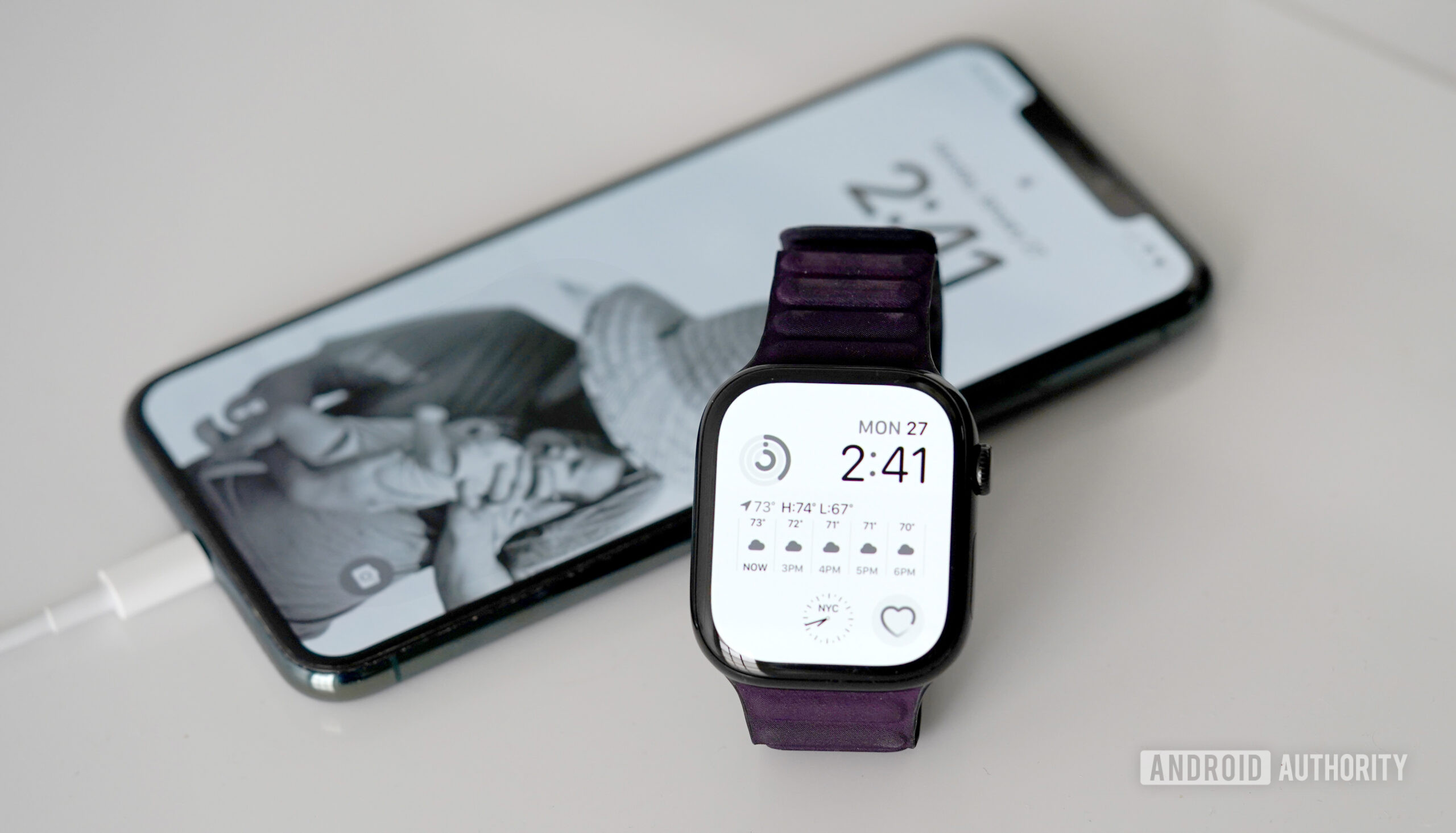
Kaitlyn Cimino / Android Authority
Between constant notifications, addictive apps, and all-too-convenient distractions, I spend entirely too much time with my iPhone in hand. For the time being, though, it’s a necessary risk. Smartwatches are most useful as complementary devices. Duh. Even with LTE service, they don’t provide the same well-rounded featureset as a smartphone and, with limited screen space, likely never will. However, they’re a fantastic way to keep your most important tools at arm’s length, including communication, health monitoring, and, of course, a clock. I’ve also learned that I can — and should — rely on my watch a lot more when I just need a bit of peace away from my attention-grabbing smartphone.
What’s your reaction?
Love0
Sad0
Happy0
Sleepy0
Angry0
Dead0
Wink0

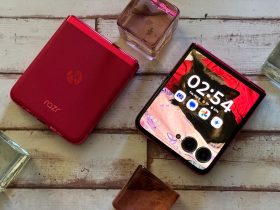

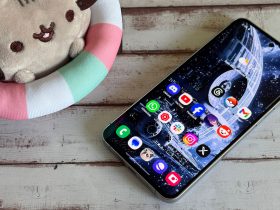


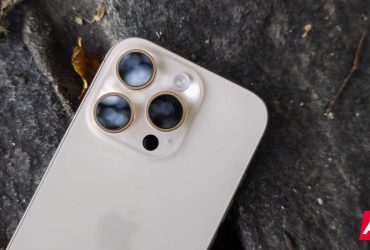
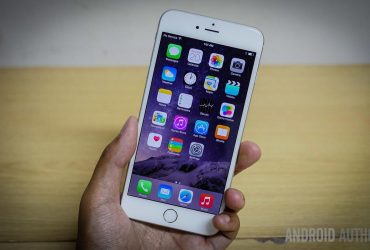
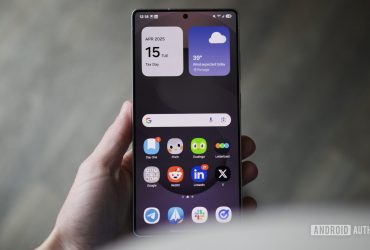
Leave a Reply
View Comments